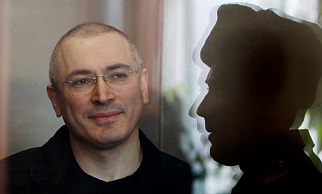The Last Gasp of American Democracy
This is our last gasp as a democracy. The state’s wholesale intrusion into our lives and obliteration of privacy are now facts. And the challenge to us—one of the final ones, I suspect—is to rise up in outrage and halt this seizure of our rights to liberty and free expression. If we do not do so we will see ourselves become a nation of captives.
The public debates about the government’s measures to prevent terrorism, the character assassination of Edward Snowden and his supporters, the assurances by the powerful that no one is abusing the massive collection and storage of our electronic communications miss the point. Any state that has the capacity to monitor all its citizenry, any state that has the ability to snuff out factual public debate through control of information, any state that has the tools to instantly shut down all dissent is totalitarian. Our corporate state may not use this power today. But it will use it if it feels threatened by a population made restive by its corruption, ineptitude and mounting repression. The moment a popular movement arises—and one will arise—that truly confronts our corporate masters, our venal system of total surveillance will be thrust into overdrive.
The most radical evil, as Hannah Arendt pointed out, is the political system that effectively crushes its marginalized and harassed opponents and, through fear and the obliteration of privacy, incapacitates everyone else. Our system of mass surveillance is the machine by which this radical evil will be activated. If we do not immediately dismantle the security and surveillance apparatus, there will be no investigative journalism or judicial oversight to address abuse of power. There will be no organized dissent. There will be no independent thought. Criticisms, however tepid, will be treated as acts of subversion. And the security apparatus will blanket the body politic like black mold until even the banal and ridiculous become concerns of national security.



























